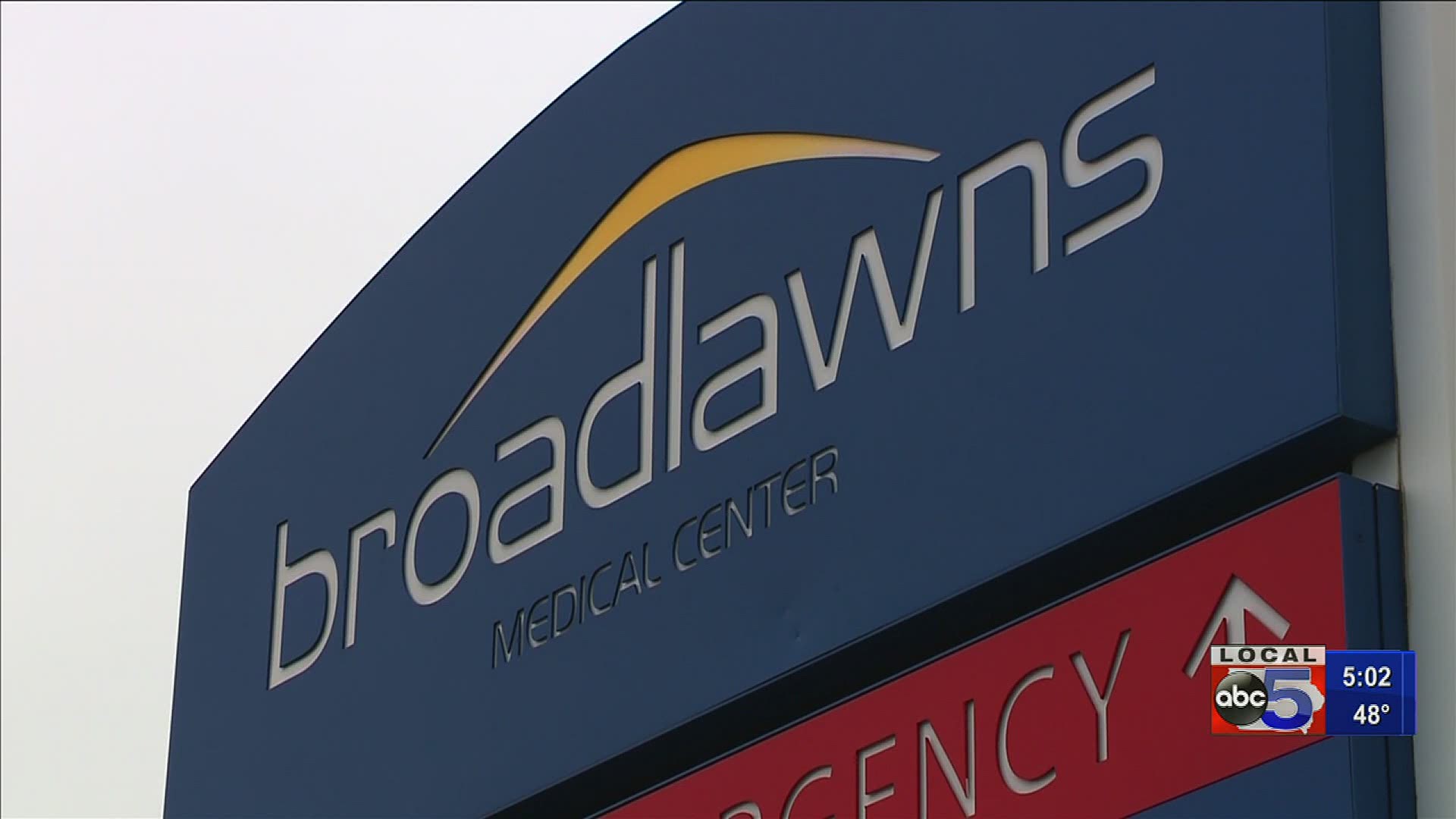DES MOINES, Iowa — The coronavirus has changed almost all aspects of our daily lives so it's no surprise to find out it's changing how doctors' offices are operating as well.
"We know that the virus does spread the closer you are to someone," said Dr. Nicole Gilg Gachiani, Chief Physician Quality Officer at Broadlawns Medical Center. "So trying to help patients maintain that distance, working in the waiting rooms to separate the chair so that they're farther and farther apart."
Gilg Gachiani said depending on what symptoms you have, you may not be seen at your normal clinic in the Des Moines metro area.
"Different organizations across the metro area are rolling out different entry screenings, which may be a surprise," Gilg Gachiani said. "Again, for those patients with a fever or cough symptoms, trying to direct them to one clinic where all of those concerns can be evaluated. If you have a temperature, you may not be able to go in the same entrance that you're used to."
Another big change could be what your doctor is wearing when they treat you.
"Current recommendations — which may come as a surprise because we don't always do it — but to protect ourselves from particularly COVID-19, we are now trying to wear surgical masks, goggles, gowns and gloves," Gilg Gachiani said.
You won't always see doctors wearing that protective gear.
Gilg Gachiani said it all depends on what your symptoms are and what the current supply levels are.
Nationally, there's a shortage of protective equipment
"All of those supplies are in very limited quantities right now," Gilg Gachiani said. "Everyone across the nation, across the state, across the country, is working together to try to utilize those supplies the best we can."
Gigl Gachiani said that's one of the reasons they're asking people that are showing COVID-19 symptoms from the general population.
"We'd have you be seen at a different clinic for this period of time so that we can preserve those supplies for the healthcare workers in that clinic, where they're commonly seen those complaints," Gilg Gachiani said.
None of these protective measures doctors are taking should concern you at home. These are all precautionary steps so patients are kept safe and health care workers are protected if they're exposed to COVID-19.
Wednesday, Trump administration officials at the White House Task Force Press Briefing recommended all non-essential surgeries and procedures be postponed.
Officials said postponing procedures could save vital personal protective equipment, such as masks, gloves and respirators, for healthcare workers treating patients with COVID-19.

